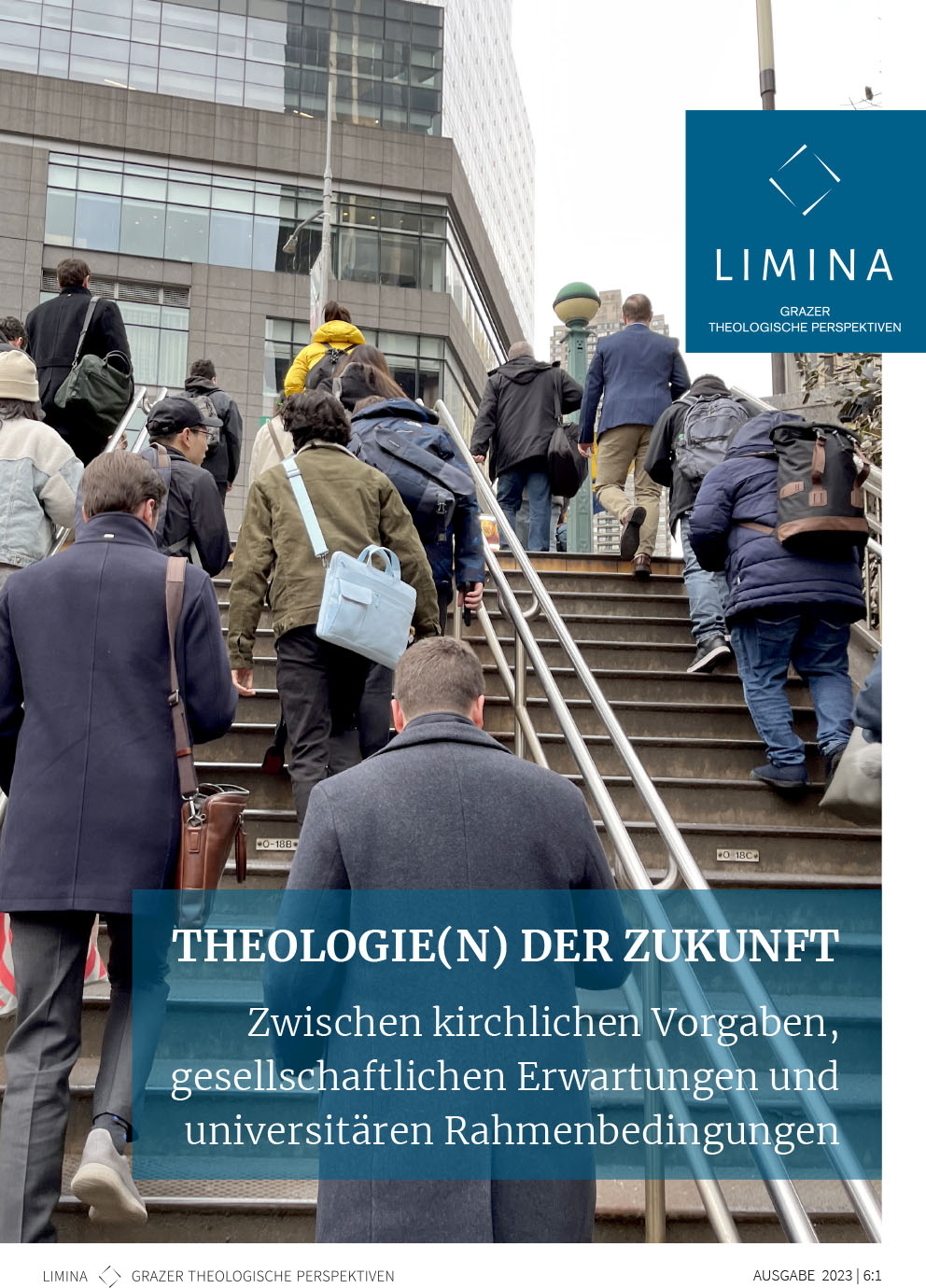Prostitution as a place of the theological other How feminist liberation theology can inform a theology for the future
Main Article Content
Abstract
Society has marked prostitution as a ‘place of otherness’ and confines sex workers to the narrowest margins of existence. This othering also affects spatial structures. Municipal administrations push and delimit urban prostitution to particular areas and streets subject to legal constraints. Most residents tend to avoid these places, thus the lives of sex workers are rendered invisible – both to society at large as well as to theology. This invisibility is reflected in the lack of first-hand accounts of the experiences of sex workers. Thus, ethnographic studies on prostitution are paramount in giving voice to them and making them visible. Based on these empirically recorded experiences this article inquires how theology (and the church) have contributed to the marginalisation of prostitutes throughout history, and how it might instead support their reintegration and resocialisation in line with the proclamation of the kingdom of God, in which Jesus specifically addressed marginalised prostitutes as one the first recipients of the gospel. The queer theology of Marcella Althaus-Reid provides invaluable guidance on untangling double standards and theologically reintegrating the ‘other’.
Article Details

This work is licensed under a Creative Commons Attribution 4.0 International License.
The author(s) retain copyright without any restriction.
LIMINA provides immediately upon publication open access to its content. The content of this journal is licensed under the Creative Commons Attribution 4.0 International Licence. By submitting a contribution, the author(s) agree(s) to the terms of use of the CC BY licence.

